
Serge Lavoie
Although nine in 10 Americans believe it’s important to be prepared for the worst in the event of a natural disaster — less than half actually have a preparedness plan in place, according to a new study.
In the survey of 2,000 American adults, 90% agreed it’s critical to be prepared for extreme weather, yet only 46% have an emergency plan in place for natural disasters.
However, according to the research, younger Americans seem to sense the danger of extreme weather more acutely than older Americans, as more Gen Z and millennials (both 55%) have a natural disaster plan of action than Gen X (51%) and baby boomers (39%).
The survey was conducted by Talker Research and commissioned by disaster preparedness company, 4Patriots, for National Preparedness Month in September to assess Americans’ readiness, or lack of, for increasingly turbulent weather conditions.
According to the findings, even though more than four in 10 respondents (43%) have experienced a natural disaster in their lifetime, more than half (53%) still feel they’re less likely to be impacted by extreme weather and natural disasters than other people.

Looking at preparedness specifics, the majority of people (86%) said that it’s vital to have a backup power supply for their homes in the event they lose power during an emergency, yet only a fraction (26%) own a backup generator.
More common in respondents’ preparedness planning were things like an evacuation plan for their family (67%), backup supplies of food and water (58%) and a planned route for how to leave their area (50%).
Less than a third have thought ahead about things like gathering extra supplies for their pet (29%), storing extra gasoline for their cars (22%) and having a printed map of their area (13%).
For those who have lived through a natural disaster, the poll asked people about what they’d do differently if they were to experience one again and uncovered that some of the most common changes would be to “Get a generator,” “Have more cash funds ready and extra medications” and to simply “Be more prepared and aware of the weather.”
The poll also asked people to share their experiences living through the worst so that others can learn from them and revealed that unpreparedness can be quite threatening.
One respondent said, “Several years ago, the DC area was impacted by a hurricane, and we did not have power for five days. I was caring for my elderly, disabled father, but we managed to get by with flashlights and a crank radio. We had plenty of food and water, only [the] lack of electricity was the problem.”
While another shared, “I live in South Florida, where several major hurricanes have hit. The heat is extremely high during hurricane season, so being without electricity for the 11 days was awful. At that point, we did have a generator which saved us, as it saved our food and kept [the] fans working.
“The very real possibility of extreme weather or a natural disaster taking out your power for an extended period has become a part of everyday life for most Americans – no matter where they live,” said Erin Baler, chief strategy officer and co-founder of 4Patriots. “While this reality has prompted more families than ever to develop a preparedness plan and stock up on food, water, power and other supplies, there are still far too many who will be struggling when the next storm hits.”
With the increase of extreme weather, preparedness is more important than ever. In the poll, nearly two-thirds of Americans (61%) reported that the weather in their area has become more extreme in the last decade.
Zooming in closer, respondents said that 10 years ago, they experienced extreme weather conditions for roughly 21% of the year, or 77 days, on average.
These days, they reported living through stranger-than-usual weather conditions for 24% of the year, or 88 days, on average.
What they’re seeing specifically are hotter temperatures in their area (61%), more storms (37%), more flooding (32%), more tornadoes (27%) and increased droughts (26%).
And most (57%) expect the weather to become more extreme in their area in the next decade.
“If there is one positive trend we’re seeing for this year’s National Preparedness Month, it is that creating a plan and getting prepared in advance has become a natural response to the increasingly extreme weather conditions,” said Baler. “This survey proves that Americans are realizing that caring for their family means protecting them from the next storm.”

Kindel Media
THINGS PEOPLE WOULD DO DIFFERENTLY IN A NATURAL DISASTER
- “Have a week's supply of food and personal items. A hand-cranked radio and extra medical supplies.”
- “Have a generator. People were running all over getting them. I had to throw my food out of my fridge, freezer and deep freeze.”
- “Have food, clothes, batteries, water, and [an] evacuation plan in effect for family.”
- “Have better plans for both myself and my animals. I would also not stay at home, I'd go to a shelter for company and to help out if I could.”
- “I hope it doesn't happen again, but I would want to have provisions in the house and batteries to operate candles and water.”
- “Be better prepared, especially having a solar-powered generator.”
- “We've already done it. We have multiple levels of electricity generation, power tools, hand tools, a hardened shop to work out of and store those tools and generators. We also have dependable water, septic, medical equipment and food/supplies sources and storage.”
- “Have major needs packed and ready to travel as soon as possible.”
- “The biggest thing I'd do would be to cut down old trees to avoid them cutting power.”
- “Been better prepared, especially with power. I will make sure my batteries are fully charged before a hurricane.”
- “Be prepared, always have a storage of food and supplies for at least 30 days. And I keep my cars filled with gas.”

Chris Gallagher
Survey methodology:
Talker Research surveyed 2,000 general population Americans; the survey was commissioned by 4Patriots and administered and conducted online by Talker Research between June 20 and June 26, 2025.
We are sourcing from a non-probability frame and the two main sources we use are:
- Traditional online access panels — where respondents opt-in to take part in online market research for an incentive
- Programmatic — where respondents are online and are given the option to take part in a survey to receive a virtual incentive usually related to the online activity they are engaging in
Those who did not fit the specified sample were terminated from the survey. As the survey is fielded, dynamic online sampling is used, adjusting targeting to achieve the quotas specified as part of the sampling plan.
Regardless of which sources a respondent came from, they were directed to an Online Survey, where the survey was conducted in English; a link to the questionnaire can be shared upon request. Respondents were awarded points for completing the survey. These points have a small cash-equivalent monetary value.
Cells are only reported on for analysis if they have a minimum of 80 respondents, and statistical significance is calculated at the 95% level. Data is not weighted, but quotas and other parameters are put in place to reach the desired sample.
Interviews are excluded from the final analysis if they failed quality-checking measures. This includes:
- Speeders: Respondents who complete the survey in a time that is quicker than one-third of the median length of interview are disqualified as speeders
- Open ends: All verbatim responses (full open-ended questions as well as other please specify options) are checked for inappropriate or irrelevant text
- Bots: Captcha is enabled on surveys, which allows the research team to identify and disqualify bots
- Duplicates: Survey software has “deduping” based on digital fingerprinting, which ensures nobody is allowed to take the survey more than once
It is worth noting that this survey was only available to individuals with internet access, and the results may not be generalizable to those without internet access.
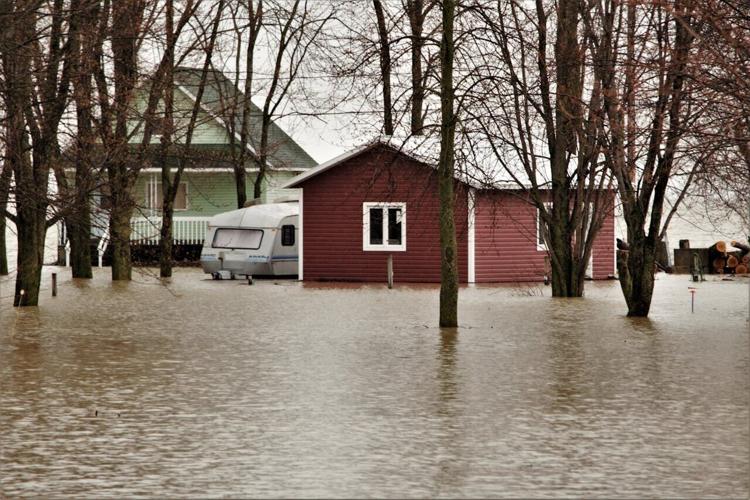
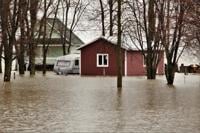



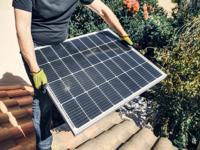

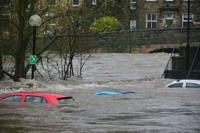

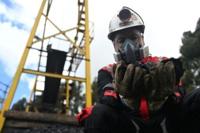





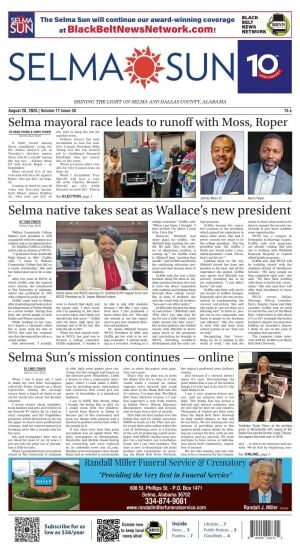







(0) comments
Welcome to the discussion.
Log In
Keep it Clean. Please avoid obscene, vulgar, lewd, racist or sexually-oriented language.
PLEASE TURN OFF YOUR CAPS LOCK.
Don't Threaten. Threats of harming another person will not be tolerated.
Be Truthful. Don't knowingly lie about anyone or anything.
Be Nice. No racism, sexism or any sort of -ism that is degrading to another person.
Be Proactive. Use the 'Report' link on each comment to let us know of abusive posts.
Share with Us. We'd love to hear eyewitness accounts, the history behind an article.